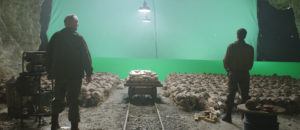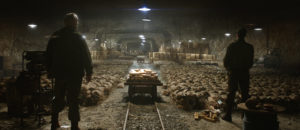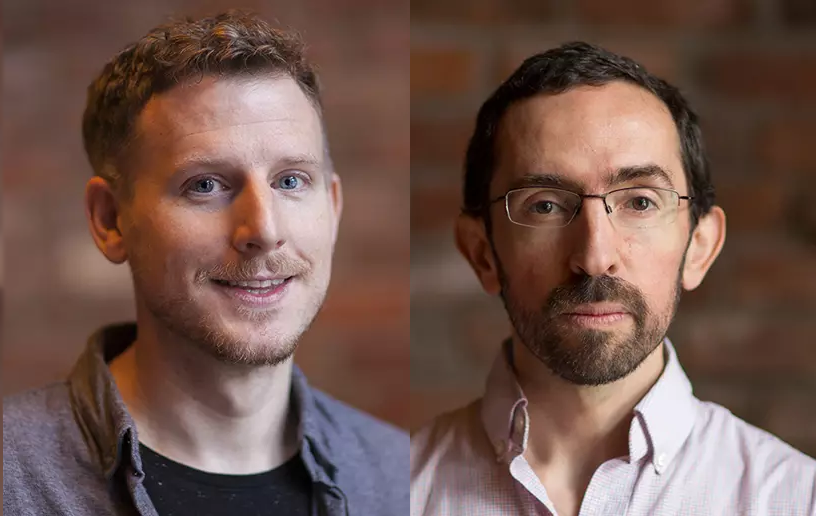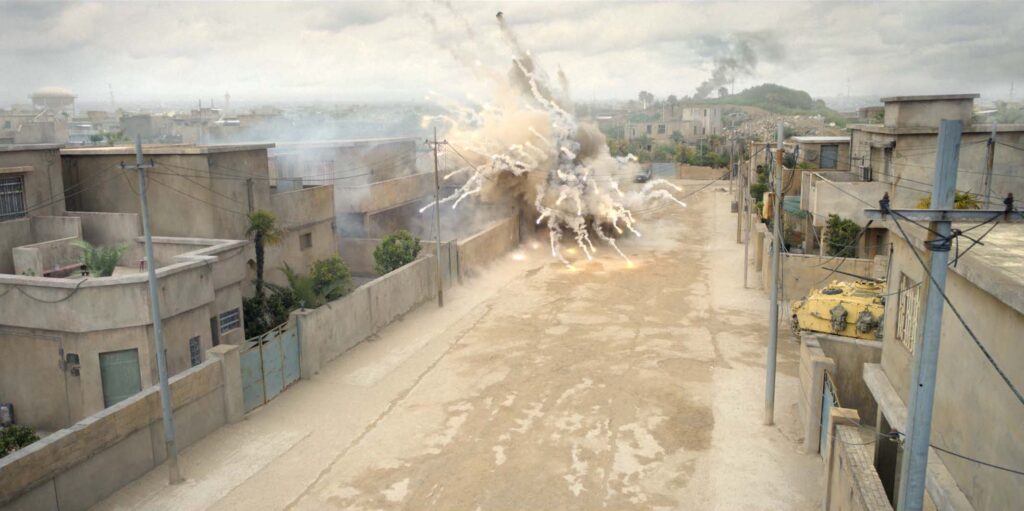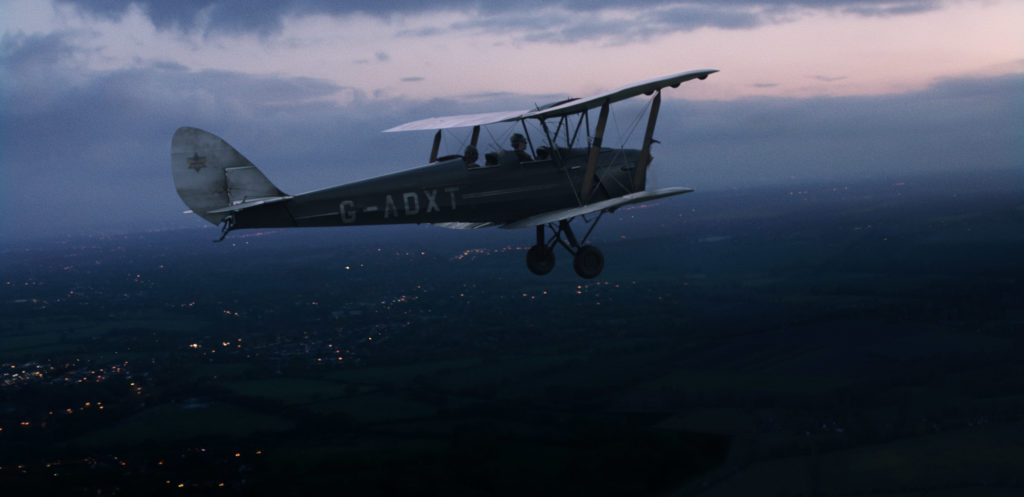
Computer Graphics World: A Monumental Role
Cinesite, a leading film visual effects house, completed VFX shots on the new Columbia Pictures/20th Century Fox film The Monuments Men.
Directed by and starring George Clooney, The Monuments Men has a fantastic cast, including Matt Damon, Bill Murray, John Goodman and Cate Blanchett, among other A-list Hollywood stars. Another high-powered star: visual effects, though in an understated role.
Clooney, who also co-wrote the script with Grant Heslov, has based the film on the non-fiction book The Monuments Men: Allied Heroes, Nazi Thieves and the Greatest Treasure Hunt in History’by Robert M. Edsel. The story centers on a group of art experts, selected by the US government to chase down the stolen art of Europe during World War II before it is destroyed and lost forever.
Cinesite’s VFX supervisor for The Monuments Men was Jon Neill, working with Angus Bickerton, the overall production VFX supervisor for the film.
A range of sequences were completed by Cinesite, including one stunning shot where Campbell (Bill Murray) turns on the lights in an underground salt mine. As the lights stutter on, a vast array of bullion and cash is revealed, stretching back as far as the eye can see in what was termed the Merkers Gold Room.
“We did not want to just reveal patches of a matte-painted lit room over a matted-painted dark room, as we felt that this would look flat and two-dimensional. There was already some set objects that we could reference, such as rail tracks, trolley, end stop, gas canisters, and, of course, the bags of gold and boxes of cash,” explains Neill.
Photogrammetry reference of the objects on set was used to generate textured models, which were laid out in an Autodesk Maya scene and lighting rig. A continuation of the set lighting was then replicated. An image was rendered from a fully raytraced, global illuminated scene with all the lights switched on. “It was important to not to lock down the sequence in which the lights could come on, so we then rendered an occlusion pass for each spot light,” says Neill.
The team set up a script in The Foundry’s Nuke whereby light passes could illuminate the background in any order by bringing through the beauty pass and adding proper directional shadows. Grain and anamorphic lens flares and aberration completed the photorealistic look.
In the final shot, the flickering light gradually reveals the depths of the cavern.
Other sequences include shots filmed at Shrivenham airfield, exterior environments around the partially destroyed Aachen Cathedral, and a sequence on the Streets of Siegen. The latter sequence was shot on the Aachen set of an old refinery. Belgian houses and cafes were removed from the background, and using photogrammic reference, newly destroyed ruins and piles of rubble were created. This was laid out in The Foundry’s Modo as a fully CG scene, with the destroyed city merging into forest and hills, rendering the finished shot in 3D to give an epic sense of parallax.
